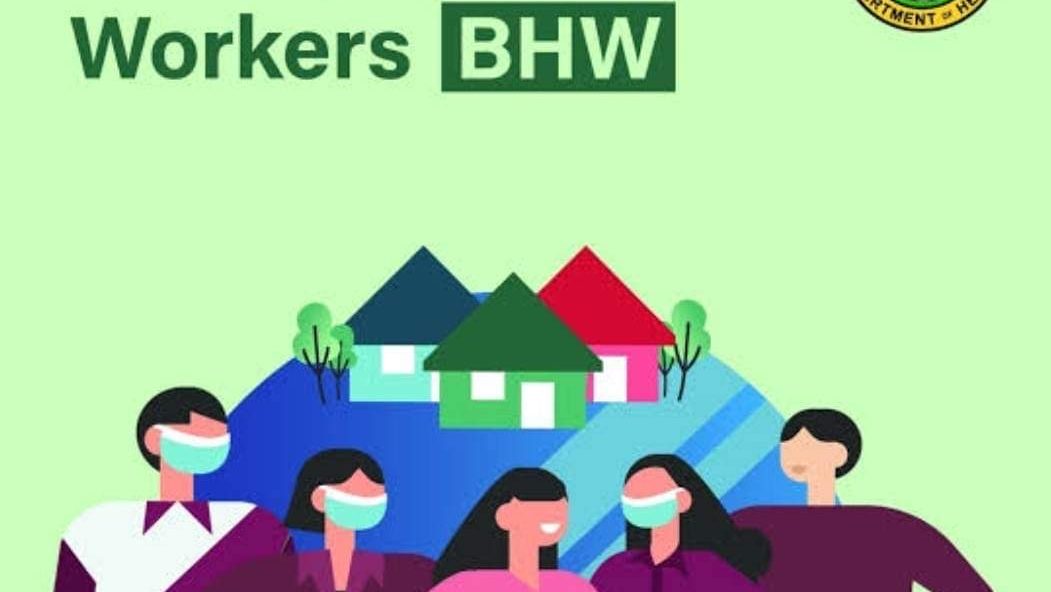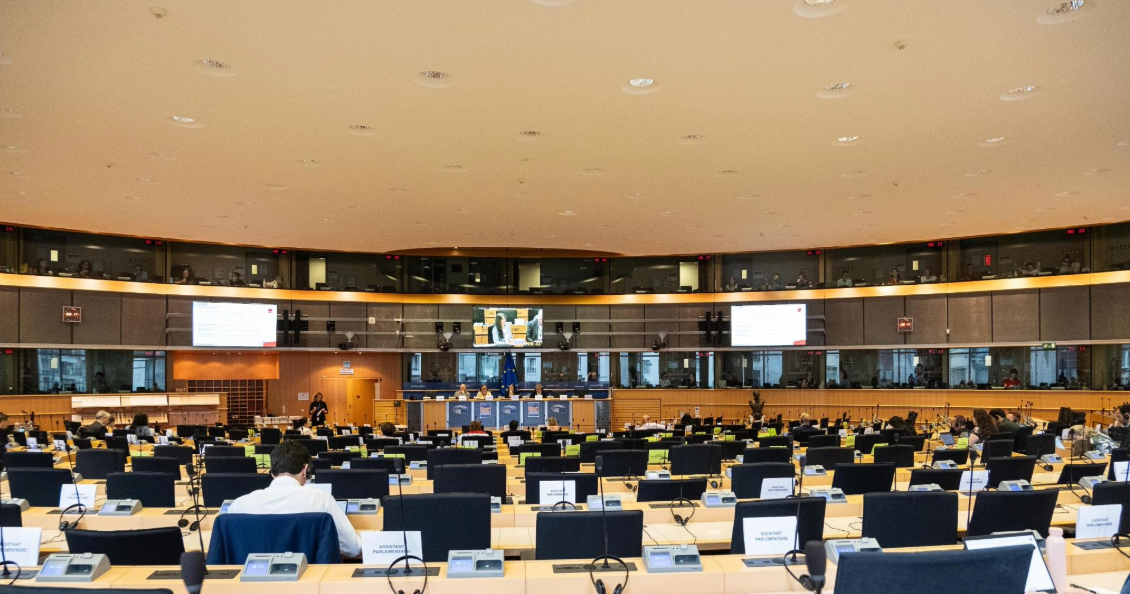UNI urges Philippine Senate to approve bill protecting community care workers
04.04.23
The UNI Global Union – Philippine Liaison Council (UNI-PLC) has called on the Philippine Senate to fast-track the approval of the senate version of the Magna Carta of Barangay Health Workers, landmark legislation that seeks to protect the welfare and interests of hundreds-of-thousands-of Filipino Barangay Health Workers (BHW). The bill was approved on the third and final reading by the House of Representatives last December 12, 2022.
These workers provide community care to millions in the country – including first aid, maternal, neonatal and child health, and community-based interventions including immunizations. They are the unsung healthcare heroes at the grassroots level of the Covid-19 pandemic. There are currently 246,333 BHWs, 242,966 of which are female, but with the growing population of Filipinos at over 117 million as of this writing and with the average ideal ratio of 1 BHW per 20 Filipinos, the current number of BHWs is much too low to provide adequate attention to the healthcare needs of Filipinos. It also exposes the BHWs to fatigue and illnesses.
The Magna Carta of Barangay Health Workers bill, also known as HB 6557, aims to provide BHWs with comprehensive and improved benefits, which is a significant improvement from conditions outlined in previous legislation. Among the benefits to be provided are hazard allowances, transportation allowances, subsistence allowances, one-time retirement cash incentives, health benefits, insurance coverage, vacation and maternity leave benefits, cash bonuses, disability pay, and conferring Civil Service Eligibility for BHWs who have rendered at least five years of continued service.
Moreover, the bill mandates the Department of Interior and Local Government and the Local Government Units to establish a grievance mechanism to address complaints regarding acts of discrimination and unjust removal of BHWs from the service. Continuing education and training programs for BHWs are also provided through the Department of Health (DOH).
Roland de la Cruz, the UNI-PLC’s president, welcomed the development, saying, “The expansion of social protection benefits whether economic and non-economic in nature as well as the establishment of a grievance machinery to protect the Security of Tenure and the Freedom of Association and the access to Civil Service Eligibility by Barangay Health Workers under HB 6557 is a welcome development for the just transition of BHWs from informal employment to formal employment.”
“Not only during the height of the Covid-19 pandemic, where Barangay health workers who had no adequate PPEs such as face masks, gloves, and protective suits, were the ones picking up Covid-19 patients from their homes and bringing them to rural and urban health centres or hospitals, but they were also the primary driving force during the massive Covid-19 vaccination campaign of the government,” added de la Cruz.
General Secretary of the UNI-PLC Rainier Cruz stated that the labour group would actively push for the passage of the Magna Carta of Barangay Health Workers into law, as this would be one of the priority projects of the PLC, with the support of its regional and global offices. “We will push hard because time is of the essence. We need to give back our much appreciation to our heroes, our Barangay health workers their much-deserved social protection, social dialogue, security of tenure and freedom of association,” Cruz added.
UNI Global Union, through its Asia & Pacific Region, has been campaigning for the improvement of conditions, social dialogue and benefits, particularly in Nepal, India and Pakistan. The Covid-19 pandemic has exposed these workers to greater risks, as they were often without adequate personal protection and caring for Covid-19 patients both in urban and rural areas.
Rajendra Acharya, Regional Secretary of UNI Asia & Pacific agreed, saying, “UNI Global Union stands with the UNI-PLC and these community health workers. The passage of this bill will be a victory and inspiration for care workers everywhere, and we join the call on the Philippine Senate to vote ‘yes’ on this legislation.”
UNI Asia & Pacific


